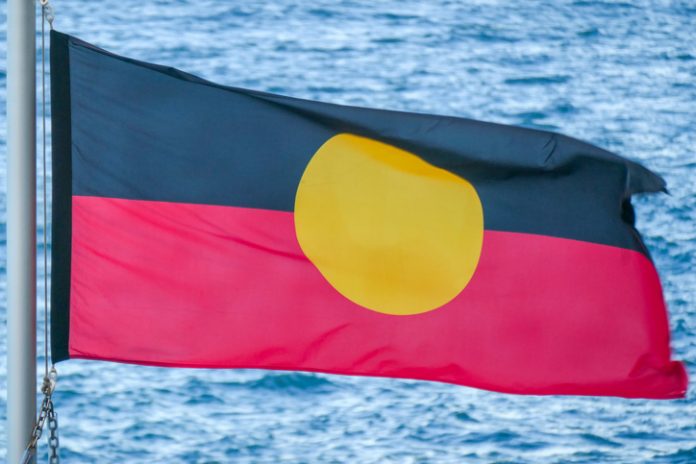The country’s peak body for public health welcomes the Close the Gap campaign report 2024: Voyage to Voice, Treaty, Truth and Beyond, launched today celebrating Blak excellence through nine case studies, including health.
The Public Health Association of Australia backs the report’s recommendations such as on workforce targets and climate and health, which are central to improving the health of Aboriginal and Torres Strait Islander communities across the continent.
We thank the authors of the strengths-based report, and support its message to “elevate First Nations voices and perspectives and centre First Nations leadership, culture and learning, and in doing so, provide tangible evidence of how to close the gap.”
The Public Health Association of Australia acknowledges the pain of the referendum defeat, continues to stand by Aboriginal and Torres Strait Islander communities, and will keep advancing the principles of the Uluru Statement from the Heart for a Voice, Treaty, and Truth telling.
“There’s overwhelming evidence that proves that health and other initiatives which are led by Aboriginal and Torres Strait Islander communities get the best results,” Dr Alana Gall, Palawa woman and researcher, and the Association’s Vice President (Aboriginal and Torres Strait Islander) says.
“For example, the leadership that Aboriginal Community Controlled Health Organisations showed protecting their communities from COVID-19”.
Dr Gall says that the Close the Gap report reinforces the need for genuine shifts in power from the top down.
“This report once again shows that creating real change has to start at the head.
“We need to see deep shifts in thinking of Governments and a genuine commitment to relinquish power. Only then will First Nations peoples and their organisations be afforded authentic self-determination to do what we know works for our people to improve public health.
“First Nations knowledges encompass over 65,000 years of knowing, being and doing. This needs to be legislatively protected and harnessed for the benefit of all human and planetary health.
“A practical way we can achieve this is by applying a ‘First Nations in All Policy’ approach nationally.
“Within the Public Health Association of Australia at an organisational level we’re developing an Aboriginal and Torres Strait Islander Collective, essentially a Voice to actively privilege the views of Aboriginal and Torres Strait Islander people in the Association’s decision making. The new Collective will be based on a participatory approach, which centres Aboriginal and Torres Strait Islander ways of being, knowing and doing.”










